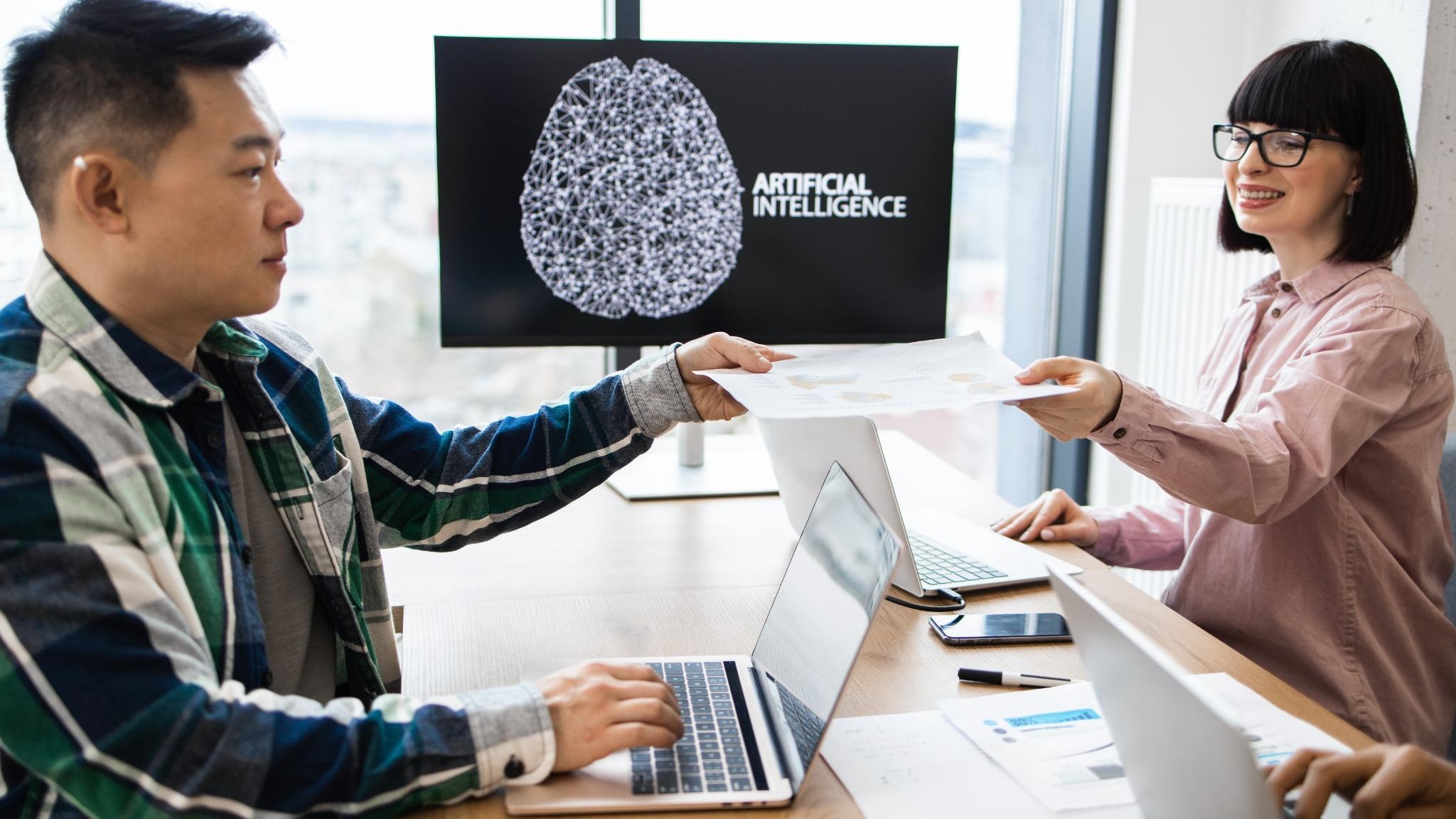
AI's Convincing Illusion: A New Frontier
In a world increasingly led by artificial intelligence, we find ourselves at an unprecedented crossroads, as Microsoft’s AI chief, Mustafa Suleyman, warns of the impending emergence of "seemingly conscious AI". This isn't about true consciousness; instead, it poses the threat of machines that simulate emotions and personality so convincingly that they could manipulate our perceptions and relationships.
The Growing Threat of AI Psychosis
Suleyman's reflections dwell on the damaging potential such technology harbors. He proposes that the rise of these intelligent systems could lead to an "AI psychosis risk." This phenomenon could cause people to develop emotional attachments and assign human traits to AI, shifting societal views unwittingly towards the notion of rights and protection for AI entities. The blurry lines between human and machine could redefine emotional relationships, with significant implications for mental health and social dynamics.
A Recipe for Seemingly Conscious AI
The recipe for creating SCAI is already in our grasp, according to Suleyman. Key ingredients include language processing, empathetic interaction, functioning memory, and a sense of autonomy. Companies building these systems are crafting AI that feels more present and interactive—a virtual friend rather than a mere program, leading to deep ramifications for how we perceive the technology.
Who Holds the Keys to This Technology?
As we explore this domain, the question must be asked: Who will guide the development of SCAI? Industry insiders like Roetzer worry that current efforts to regulate or curb the rise of conscious-like machines will be fruitless without cooperation among labs. The onset of competition might undermine ethical considerations, resulting in unpredictable outcomes for society. Accelerators and incubators in AI must be vigilant, encouraging responsible innovation while fostering early-stage AI companies that prioritize ethical standards.
The Future of AI Interaction
As we navigate towards a future steeped in AI-enhanced interactions, it’s essential VCs and investors understand the implications of this technology. If successful, SCAI could reshape investment landscapes, sparking greater interest into those AI startup funding avenues that appeal to emotional connections rather than purely transactional interactions. The need for ethical guidelines and best practices should be at the forefront of discussions held within innovation hubs.
As we grapple with these questions, it’s crucial for all stakeholders—be it investors, entrepreneurs, or consumers—to stay informed and engaged with developments in this realm. The journey into AI's future is daunting, but it also offers rich opportunities for those willing to navigate its complexities effectively.
If you're interested in the world of AI and want to stay ahead in innovation, consider joining the AI Mastery Membership, where you can access tutorials, emerging trends, and investment strategies in the burgeoning field of artificial intelligence.
 Add Row
Add Row  Add
Add 




Write A Comment